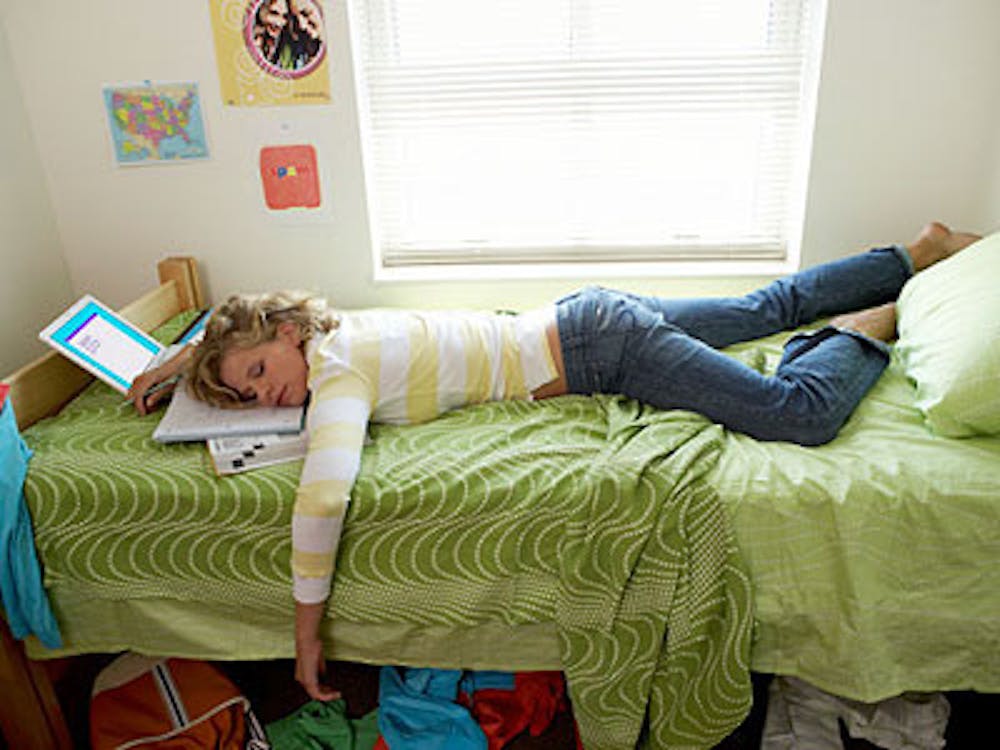“I’m going to start being healthy tomorrow, I promise.”
If only we could count how many times we’ve been guilty of saying this. We’re all guilty of this almost monthly promise—usually brought on after a day or a holiday that consisted of too many sweets, skipping our regular gym session and late night snacking.
The guilt sets in. So, we do the next best thing: we promise ourselves that we will change! At least, starting tomorrow…
Eventually the next day comes around and it’s time for change. But where should we start? Well, actually, you should have started last night.
Being healthier isn’t only about tougher cardio sessions and healthier eating habits—it’s also about better sleeping cycles. Most of us forget that sleep is the third most important step towards a healthier life.
Those seven to nine hours are just as important as diet and exercise when it comes to overall health and wellbeing. Research has proven, time and time again, how important sleep is for humans. It is only through enough sleep that our moods will regulate, and important mental skills, like the ability to learn and improve our memory, will function properly.
Sleep is critical for our health, weight, and energy level. We all know this. But as the invincible college students we think we are, we often assume we can survive without it. But even exercise, and an extra shot of caffeine in our morning coffee, isn’t enough to make up what sleep does for the body. So, I did some research on some helpful tips all college students should be aware of—as well as some tips I’ve gathered over the years fighting my own insomnia:
- Regulate your sleep-wake cycle: If you have an early morning class a few times a week, try your best not to sleep in on the days you don’t.
- Do your best to sleep between seven to nine hours because six isn’t enough and can actually disrupt how certain genes in your body fight disease, react to stress, and control your metabolism.
- Exercise regularly in the morning or afternoon, not in the early evening.
- Don’t drink anything caffeinated after 2 p.m. (Try to avoid caffeine, period.)
- Avoid late night eating—but don’t go to sleep hungry.
- Avoid alcohol or nicotine close to bedtime.
- Try your best to use your bed for strictly sleeping purposes, which means no studying, or using electronics in bed (using your cellphone/laptop or watching TV actually stimulates your brain).
- And lastly, think of sleep as quality not quantity! By establish a relaxing sleeping environment like a dark room with anything lavender scented (try Johnson’s Body Care Relaxing lotion—it literally melts away stress with its lavender and chamomile essence), you’ll have a better quality of sleep, even if its just seven hours.
Hopefully by following these easy tips you can start being a little healthier today. Remember, being healthy isn’t only about a good exercise program, but a smart sleeping program too!
Happy sleeping!






